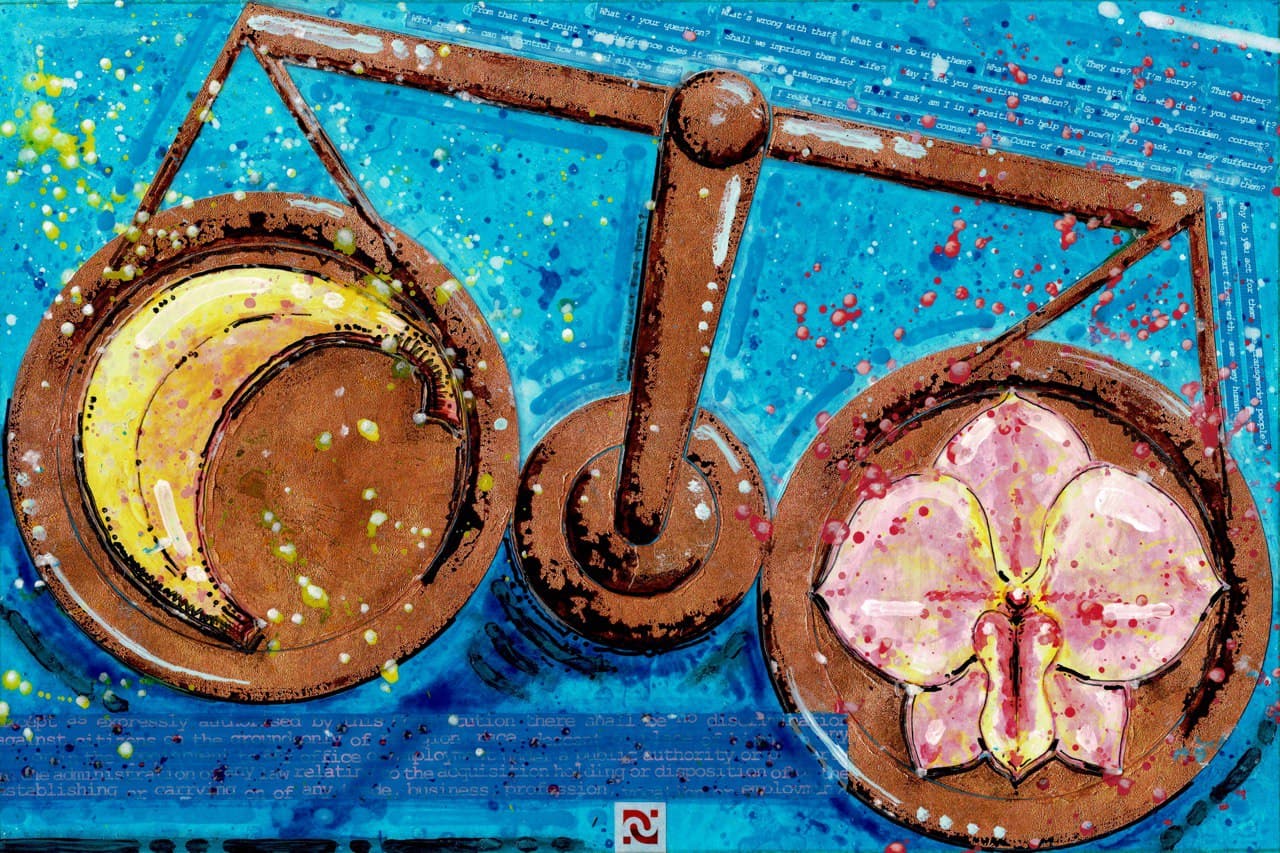I was asked this question once by a polite young Malay male student when I was on my smoke break when I was in University Sultan Zainal Abidin, UniSZA, as they call themselves, for a task that required me to stay overnight in Kuala Terengganu to complete.
That happened on the first evening I was there. It was around the time after the transgender case I was involved with erupted in the media after the Court of Appeal declared the Syariah criminal offence of a male dressing in female clothing in the Negeri Sembilan Syariah Criminal Enactment unconstitutional and struck it down. Yay, Dato’ Mohd Hishamudin Yunus!
He did not ask the question in the title right away, of course. He was courteous and curious. The conversation goes more or less like this after the preliminaries:
“I read that Encik Fahri was the counsel in the Court of Appeal transgender case?”
“Well, co-counsel, but really more solicitor. My colleague Mr Aston Paiva argued the appeal.”
“Oh, why didn’t you argue it?”
“It’s his case. I think he is better placed to argue it.”
“May I ask you sensitive question?”
“Hit me.”
“I’m sorry?”
“I’m sorry. What is your question?”
“Why do you act for them, the transgender people?”
“Because I start first with, are they human? Then I ask, are they suffering? They are? Then, I ask, am I in a position to help them now? If yes, okay, let’s see what can be done. From that stand point, what difference does it make if they are transgender? They are humans suffering. That is enough for me.”
“But Islam says they are haram. So what they are doing – changing their sex or dressing up as women – that is wrong. All they need to do is just not change their sex or wear women’s clothing and they won’t be charged. What is so hard about that?”
“Now I don’t claim to understand how it works for them; it is beyond my own experience. I have no idea how it feels to need to be a different gender than the one I am or to feel an overpowering need to dress up in women’s clothing. But I know where you are coming from. You think the choice is a deliberate conscious decision for them to do those things. But it’s not. From what I understand, they genuinely feel the need to change their sex or express their gender in dress as surely as you and I think we are male and not female and cannot be otherwise. Given what they are prepared to do to their bodies, it seems like a genuine real desire and not a passing fancy to them.”
“But it’s wrong for them to feel that way.”
“With respect, can we control how we feel all the time? Let’s take your starting position instead and see where it leads us. Being a transgender is haram. So they should be forbidden, correct?”
“Yes.”
“Okay then. Now the question then is this: What do we do with them? Do we kill them?”
“Of course not!”
“Shall we imprison them for life?”
“No. That’s not right.”
“I agree. Okay then, let’s strip them of their citizenship. We deport them.”
“That’s not fair.”
“Alright then, from the time they are born, we put them in a teaching facility. They will be taught from young that their feelings are wrong and let out only after the school is satisfied they are ‘right’. That better?”
“That’s so cruel also.”
“So now. What do we do with them?”
“When you put it like that, I don’t know.”
“Simple. Treat them like everyone else. What’s wrong with that? They should not be prosecuted for breaching a law that criminalizes a natural expression of their identity. That’s just not fair. Plus we have Article 8(2) of the Federal Constitution that guarantees against that.”
“That’s true also. Haish! I don’t know what to think now.”
“Well, my cigarette has run out. I shall leave you to think about that. I have to get back to my work. Thank you for your company. All the best with your studies and good evening.”
That conversation brought to mind this quote:
“Other people are a necessary part of life. You have to work out how to live with them, like them or not.”
21 Letters on Life and Its Challenges, Charles Handy, Letter 2: The Human Imperative
Related Posts
- Why do you act for them? | From the Atelier
Hafiz Hajeedar's commissions have become a regular monthly addiction. You can check out his profile…
- Why teach?
Why I teach
- Get Legal Advice Early
Some of you may have caught the news about the 72 year old, Dolly Ng,…
- The Time Amer Found Crime
Amer Hamzah and I took our Certificate of Legal Practice ('CLP') course at the University…
- Taking Chances
A second year law student once asked me in an email interview, If you did…







